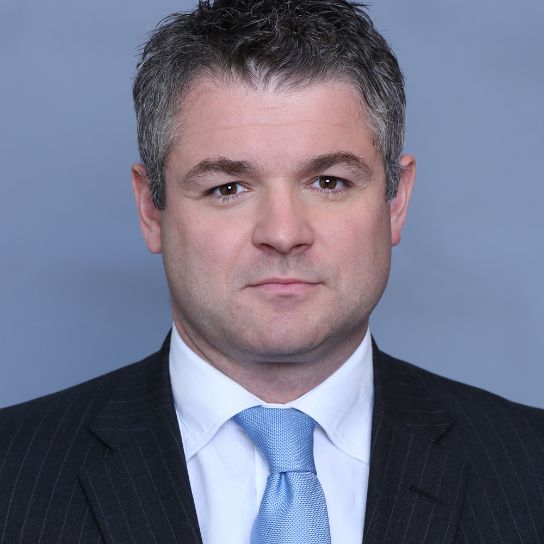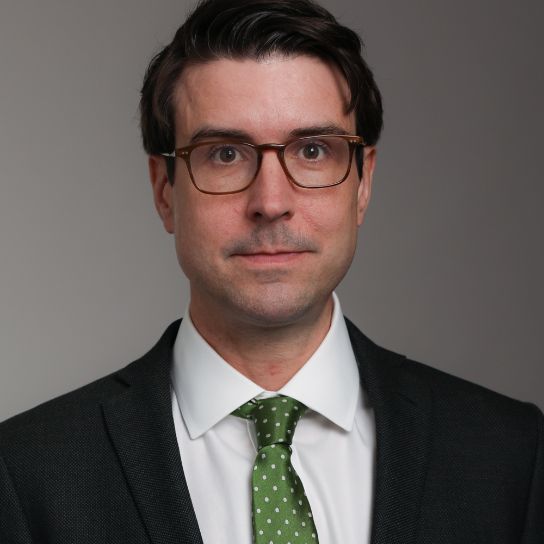Arbitration or litigation concerning construction and engineering projects almost always involves expert evidence. How the parties deal with this evidence can have a significant impact on the duration and costs of the arbitration or litigation. In the recent case of UPL Europe v Agchemccess [2016] the English High Court was asked to review the conduct of the Defendant in respect of the expert evidence. The case illustrates the steps which a court or tribunal may take when a party is not cooperating in the process.
The parties to the dispute had been given permission to rely on expert evidence and a date for exchange of expert reports had been fixed by the English court. Following this order of the court, the claimants repeatedly asked the defendants to provide proposals regarding the expert evidence, including details of various tests proposed to be carried out by their expert.
The Defendant did not reply to these requests and the claimant eventually applied for an order that the defendants' permission to rely on expert evidence should be revoked or, alternatively, that they should be directed to provide clarification of the proposed scope of their expert evidence and that there should be sequential exchange of expert reports.
At the hearing, the claimant did not press for these orders but invited the court to review the issues to which the expert evidence related and to give further directions for its production.
The court held that the conduct of the Defendants was a breach of their duty to co-operate in the process of producing expert evidence. The court ordered the parties to engage in discussions about expert evidence and directed the parties to meet with their experts so as to try and agree upon the scope of expert evidence and the methodology adopted by the experts as well as the preparation of a joint statement. In addition, the defendants were ordered to pay the costs of the application.
In making its orders, the court commented generally upon the parties' duty to cooperate in the process of producing expert evidence. It said that, in almost every case, it is desirable for there to be a discussion about the issues under consideration and the methodology which the experts would adopt.
This was to ensure that, as far as possible, the reports were properly matched and they are not as if "ships passing in the night". It will depend in each case as to whether the discussion is best held between lawyers or between experts (or both).
The court said that consideration should be given when granting permission for expert evidence to give a direction for a discussion to be held in this way before exchange of reports, although a face to face meeting may not be needed in more straightforward cases.
Key points of interest
This case was decided in the context of the Civil Procedure Rules in England and Wales which require the parties to help the court to further the overriding objective of enabling the court to deal with cases justly and at proportionate cost. The court interpreted this duty as requiring co-operation in the process of producing expert evidence. The Rules also restrict expert evidence to the extent that the court permits it. Similar principles can be found in the major arbitral rules such those of the ICC and LCIA.
The court identified the problem of experts proceeding along a different route, only to find at exchange of reports that the investigative processes do not match. This is something that can occur in both litigation and arbitration, if the provision of expert evidence is not properly managed by the parties.
Clearly, this is a result to be avoided, both in terms of the cost and the effectiveness of the process of exchanging expert evidence. To avoid these potential difficulties, an early dialogue between the parties and/or their experts in advance of exchange of their reports and any subsequent meeting is strongly recommended
Whilst the "route map" for the dialogue may be suggested by the pleadings, this may not be sufficient to define in detail how the experts are to proceed. If they do differ in their methodology, then at least this can be identified, and if necessary, further directions can be sought from the court or tribunal.
Key contacts
Legal Notice
The contents of this publication are for reference purposes only and may not be current as at the date of accessing this publication. They do not constitute legal advice and should not be relied upon as such. Specific legal advice about your specific circumstances should always be sought separately before taking any action based on this publication.
© Herbert Smith Freehills 2024


